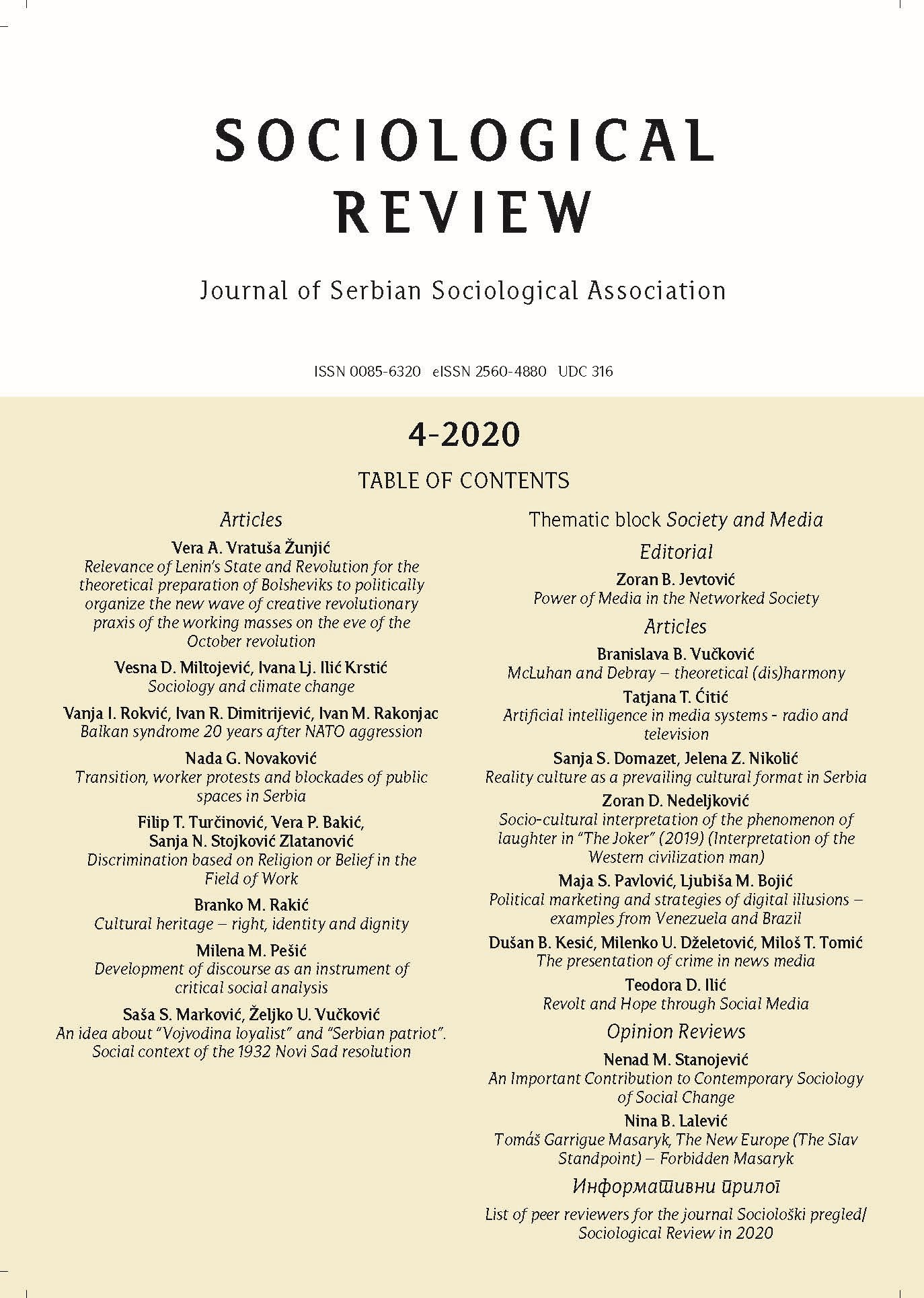Balkan syndrome 20 years after NATO aggression
Balkan syndrome 20 years after NATO aggression
Author(s): Vanja Rokvić, Ivan R. Dimitrijević, Ivan M. RakonjacSubject(s): Social Sciences, Sociology, Social development, Health and medicine and law, Environmental interactions, Sociology of Politics, Globalization
Published by: Српско социолошко друштво
Keywords: depleted uranium (DU); Balkan Syndrome; NAТO aggression; medical sociology
Summary/Abstract: Debates on whether or not depleted uranium (DU) causes cancer and other diseases is a hot topic in the public discourse and quite controversial in the scholarly research literature. The issue has grown in importance in the Republic of Serbia after increased rates of morbidity and mortality from malignancies since the 1999 NAТO aggression and its use of DU ammunition. At the same time, the fact that the peacekeeping contingents of foreign military personnel involved in clearing the contaminated areas subsequently developed malignant diseases led to what has become known as the Balkan Syndrome. Beside health implications, the social and economic burden of cancer is significant in all countries, especially in transitioning economies, because of health care spending as well as lost productivity due to morbidity and premature death. Therefore, the main aims of this article are to summarize and discuss the current state of knowledge about the negative impact of DU on human health and social impact of cancer, specifically in Serbia, and to encourage rigorous and objective examination of health impacts of DU ammunition and, ultimately, to spotlight the inextricable connection between public health and security, and the indispensable consideration of health from the perspective of national security.
Journal: Социолошки преглед
- Issue Year: 54/2020
- Issue No: 4
- Page Range: 1122-1151
- Page Count: 30
- Language: English, Serbian

